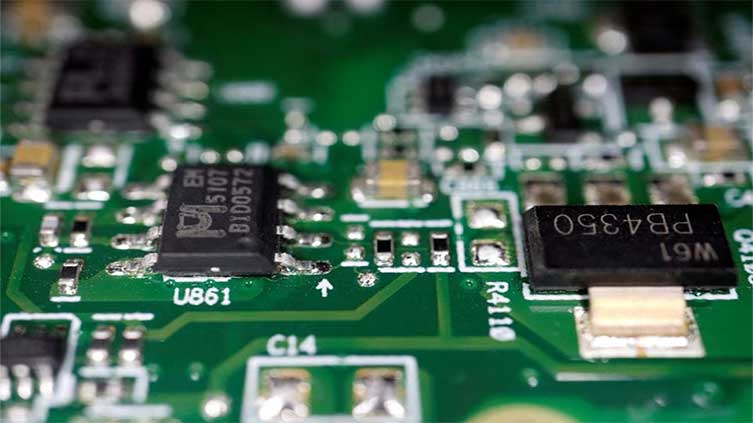U.S. and South Korea agree to minimise chipmakers' uncertainties on subsidy requirements –ministry

Technology
Samsung is building a chip plant in Texas that could cost more than $25 billion
SEOUL (Reuters) - The U.S. secretary of commerce and her South Korean counterpart agreed to "minimise uncertainties" of chipmakers' investments amid new U.S. semiconductor subsidies, Korea's industry ministry said on Friday.
Companies such as Samsung Electronics and SK Hynix, the world's No. 1 and No. 2 memory chipmakers, are concerned about the criteria for subsidies from the CHIPS Act, South Korean President Yoon Suk Yeol has said.
Industry Minister Chang-Yang Lee asked Secretary of Commerce Gina Raimondo to help resolve chipmakers' uncertainties about subsidy requirements, such as providing "excessive" corporate information and sharing excess profit with the U.S. government, the ministry said in a statement.
Raimondo and Lee agreed in a joint statement to "continue discussions on the requirements and opportunities of the CHIPS Act" to "minimize uncertainties of corporate investments and business burdens".
Samsung is building a chip plant in Texas that could cost more than $25 billion and has said it is reviewing the criteria, while SK Hynix parent SK Group plans to invest $15 billion in the U.S. chip sector, including an advanced chip-packaging factory, and has said it may apply for funding.
The Department of Commerce said last month it will protect confidential business information and expects the requirement to share excess profit to only trigger when projects significantly exceed projected cash flow.
Lee also told Raimondo that Korean companies are "highly concerned" that the one-year waiver of export controls they received to bring in necessary chip equipment to their China plants will expire in October, the ministry said.
SK Hynix, which has chip plants in Wuxi and Dalian, China, has expressed hopes the waiver would be extended.
In the joint statement, Raimondo and Lee agreed to cooperate on chip export controls to "protect national security while minimizing disruptions to global semiconductor supply chains" and "maintaining viability of semiconductor industries".

